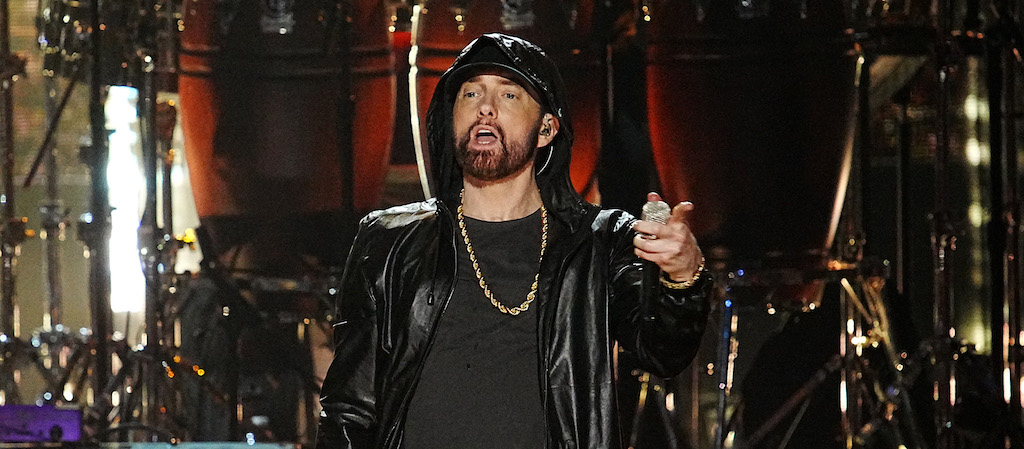
College is generally a time where kids are feeling much more freedom than they’re used to. They’re finally able to come and go as they please, stay out as late as they want and sleep in as long as they feel like it without immediately having to answer to a parent. It’s a mix of freedom and privacy that nearly every adolescent craves and as long as they do well in classes, no one asks too many questions.
Well, about that privacy, professors are saying not so fast in feeling untethered. Apparently the software used on many college campuses is not just for submitting assignments or downloading readings. After a recent article was published by The Markup titled, He Wanted Privacy. His College Gave Him None. written by Tara García Mathewson, college professor and doctoral candidate Victoria Alexander took to social media to help ring the alarm.
There’s some level of privacy expected while attending college but according to Alexander, that privacy is simply an illusion. The educational software the schools use not only track when you log on, off and how long you spend logged into the site, it tells so much more. It lets professors know where you logged on from, what materials you accessed and how long you accessed the material. But the lack of privacy doesn’t stop there according to Alexander and Mathewson.
“Those are just what I can see as a professor. The general university surveillance can see many other things,” Alexander explains. “If your phone’s connected to university WiFi they can tell where you’re going on the internet and where you’re physically going on campus. Many universities also use facial recognition through their security cameras so they know where you are in person and they know where you are online and if you’ve logged into your social media they can also know what you’re up to on there and what your friends are sharing.”
This information gathering isn’t just for the universities to use, some may also sell it. And this isn’t something that college campuses are forthcoming about or really give students the option to opt out.
“Still, whether living on campus or off, taking classes in person or remotely, students simply cannot opt out of most data collection and still pursue a degree,” Mathewson says in The Markup.
@victoria_phd
#stitch with @The Markup 💥 Read: He Wanted Privacy. His College Gave Him None by Tara García Mathewson #Surveillance #Privacy #DataPrivacy #MarkupPartner #SchoolSurveillance
Some professors let it be known in the comments of Alexander’s video that they don’t use the excess information provided by the learning management systems.
“I make it a point not to use this information against my students. They’re adults, they can lie, I will judge their work and participation,” one professor writes.
“I choose not to access ANY of this info about my students. They’re adults, I’m not their keeper,” another professor says.
While it’s great that most of the professors who revealed themselves in the comments aren’t using this private information, the average commenter was flabbergasted and a bit upset that it’s available.
“There’s actually zero justification for my professor knowing my location…like ever. I’m an adult who’s PAYING to be there,” one person says.
“Help me out, why would any college or university need access to that kind of information? How is that not an invasion of privacy,” someone asks.
“So you’re telling me universities are practically FBI agents,” another person questions.
Certainly this isn’t something that is advertised when taking college tours and surely if students knew how much they were being monitored, many tech savvy kids would find a way around most of it. But when using facial recognition and location tracking via student IDs it may be a bit more tricky. Either way it seems the concerns raised are valid and something that may need to be discussed before sending your student off to college in the fall.
pic.twitter.com/eGFuPKdjeU



 Menaker (@willmenaker)
Menaker (@willmenaker) 























